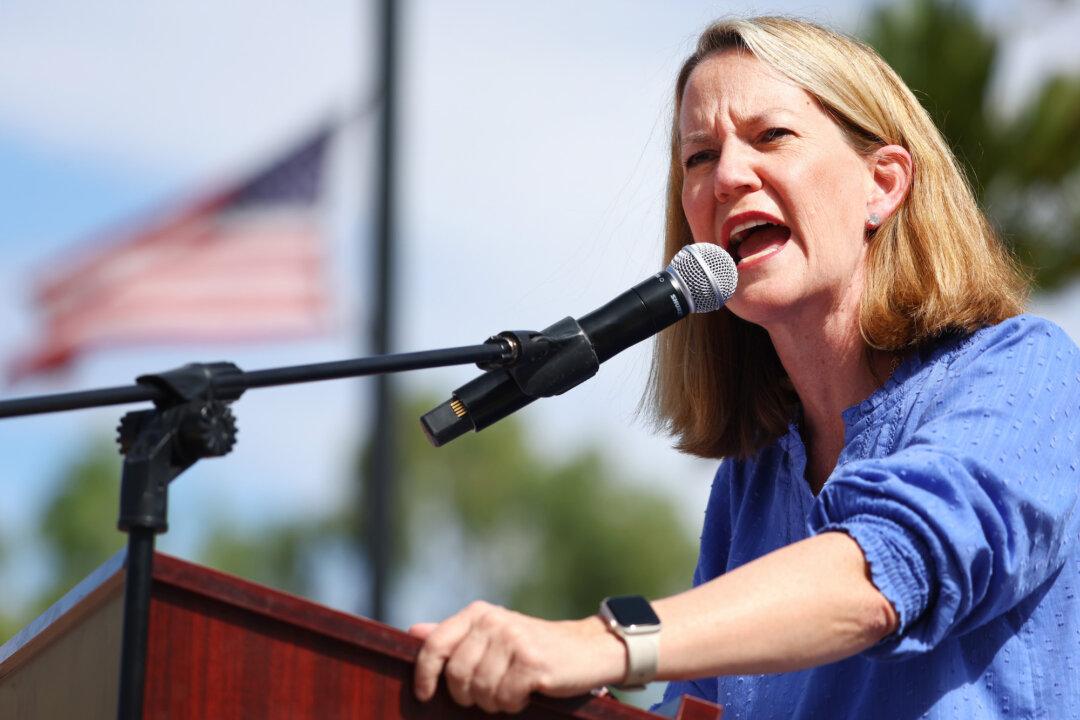FARGO, N.D.— Former President Donald Trump on March 4 coasted to an easy victory in the North Dakota Republican caucus on the eve of Super Tuesday, when he is poised to continue his dominance and come within reach of the nomination.
The Associated Press projected President Trump as the winner at 9:22 p.m. ET.





